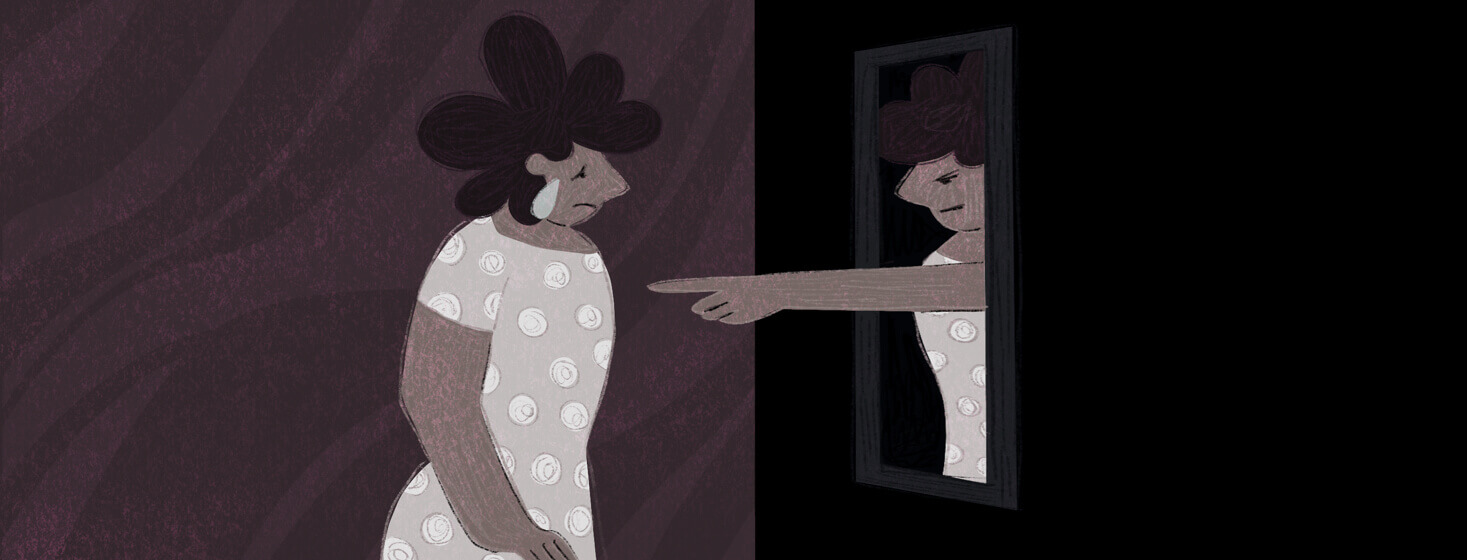Why You Shouldn't Blame Yourself For Your Psoriasis
Being diagnosed and learning to live with a condition like psoriasis can be very difficult. It can make you subdued, depressed and upset. You may, initially, blame yourself for the condition, but I want you to know that you are not responsible. This is a terrible disease which robs you of confidence and the ability to live the life you want.
Things, though, will get better. Don’t ever blame yourself for having psoriasis. Don’t ever see yourself as less than because of what you’re experiencing and don’t ever apologize for having this condition.
We can still live happy lives
Many people with psoriasis report mental health problems and blame. I have struggled with my own psychological well-being over the years. I often discuss with friends how we all have gone through highs and lows. Lots of people do understand what it is like to have anxiety, depression, low self-esteem or confidence issues. While they may not have psoriasis, they could help you come to terms with the condition and help you through a bad patch.
Yet, I’ve learned and continue to learn that while having psoriasis can be frustrating, annoying and down-right depressing, it is not the end of the world. You can still live a life and be happy. With the right support network and your ability to feel confident, you can overcome many hurdles that this disease presents.
Last week, I chatted to a friend about psoriasis, blame and mental health. She told me she, initially, hated the fact she had the condition and would go as far to say she blamed herself for it. I was struck by this. When I was first diagnosed, I felt very similar. How would I cope? Would people avoid me? Can I go through life and be happy?
Try talking to someone
Blame can be powerful. If you blame yourself for your condition, you may fall into other mental health problems and it may damage your self-esteem.
If you are finding you’re going through a low point and you’re needing someone to talk to, try and have a chat with a friend or family member. Discuss with them the condition and try and build on the fact that it’s lifelong, cannot be cured but that it comes and goes and is the result of a faulty immune system.
You may not see it now, but things will get better. The condition comes in peaks and troughs, and it will be positive soon. By getting help for your mental health as well as your physical health, you can find the light through the tunnel.
Blame is powerful
It can lead to more troubling emotions and you shouldn’t ever ignore it, if you’re finding yourself struggling. Don’t ever blame yourself. I say this resolutely: it’s not your fault. How can it be when you never asked for it, nor wanted it? When you never did anything to get this terrible condition?
If you can, reach out to someone who can help and be honest and open about what you’re going through. Venting and letting out what you’re experiencing builds strength and it will help you. In the meantime, try and be compassionate to yourself. You’re going through something terrible, but you can still live the life you want. Take it from someone who has been through huge flare-ups: it does get better.

Join the conversation